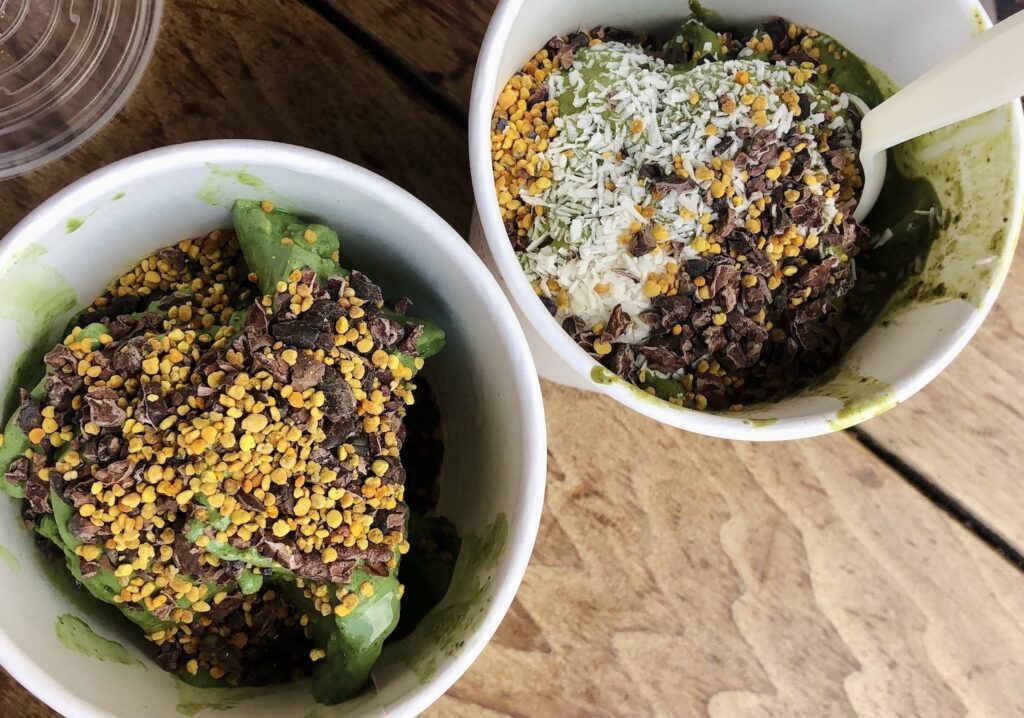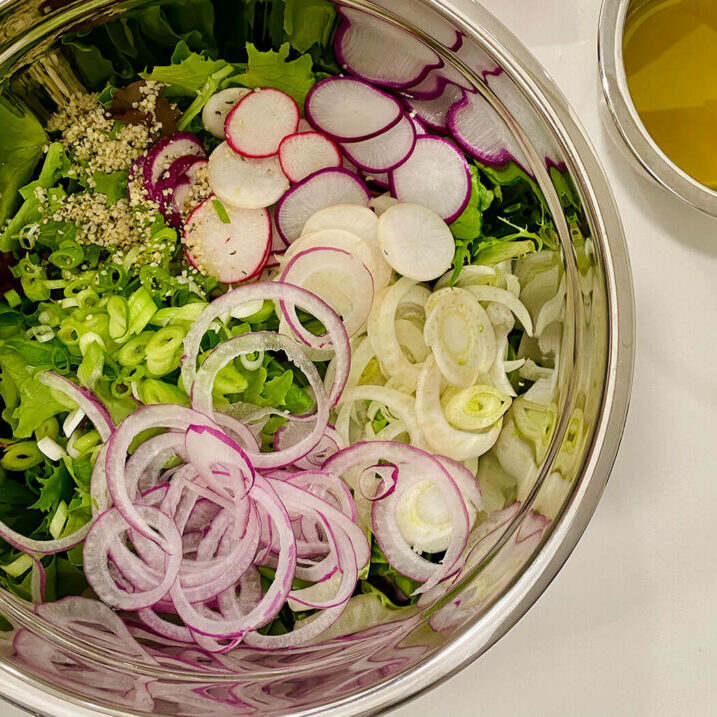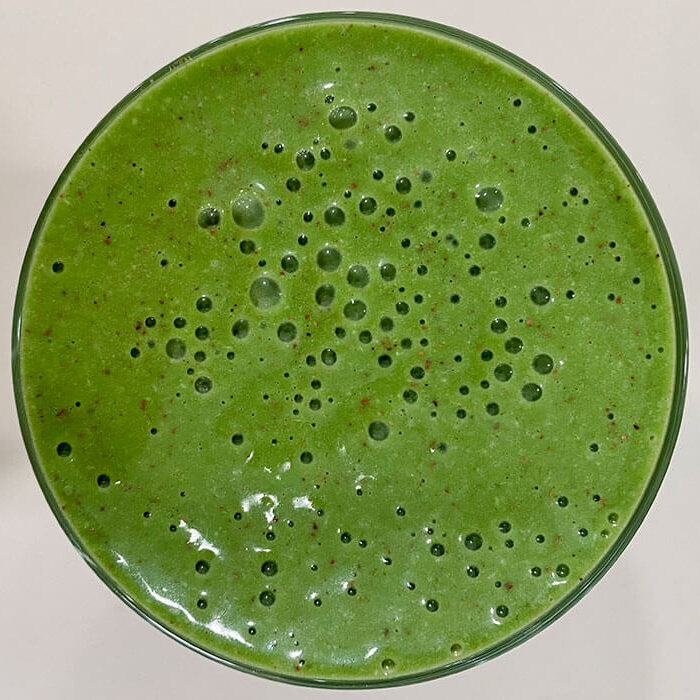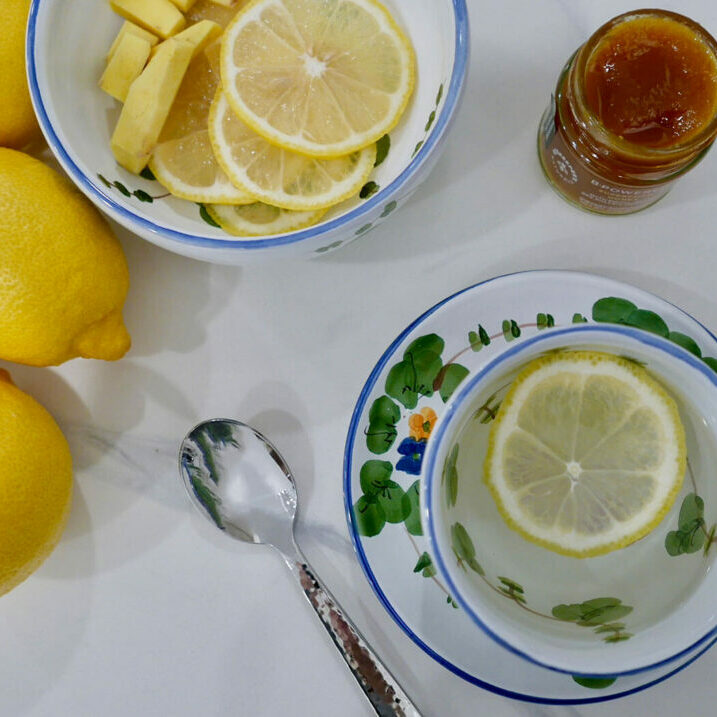Bee pollen is a good source of bioactive compounds. There are about 250 substances in its overall composition, including essential amino acids, lipids, enzymes, carotenoids and bioflavonoids, phenolic compounds, micronutrients (vitamins & minerals), and macronutrients.
Research has indicated that bee pollen compounds have potent antioxidant, anti-inflammatory, antimicrobial, antifungal, and antiviral properties. Overall, bee pollen has been shown to reduce inflammation, stimulate the immune system, protect against liver toxicity/damage, and much more. Check out the articles Bee Pollen: Chemical Composition and Therapeutic Application and Bee Collected Pollen and Bee Bread: Bioactive Constituents and Health Benefits to learn more.
WAYS TO CONSUME BEE POLLEN
Bee pollen can be used in various ways, including but not limited to – sprinkled over berries, fruit, and/or yogurt, added to smoothies, or even tossed into a salad. Look for high-quality fresh bee pollen from a reputable company. *Be sure to consult with your physician to ensure bee pollen is safe for you to consume (especially if you are pregnant or allergic to bee stings).






